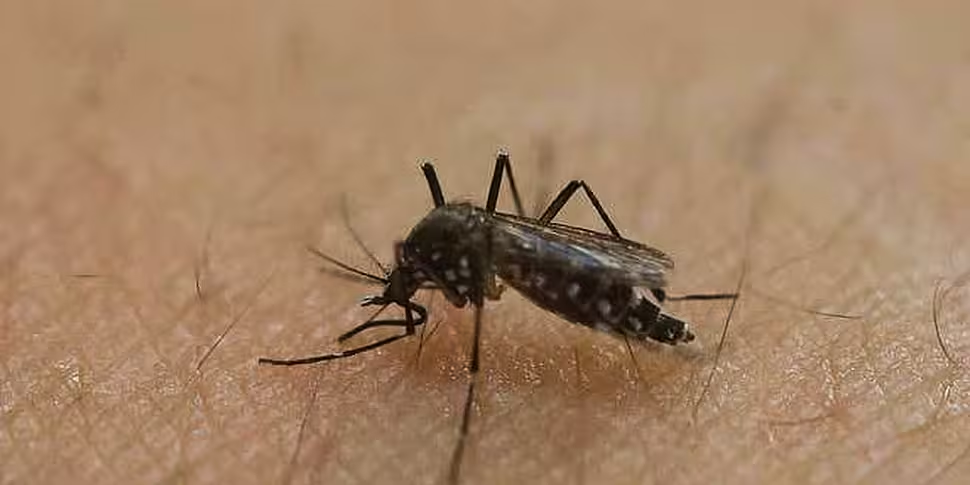A new study has identified countries in Africa and Asia at the greatest risk of the Zika virus.
Research from The Lancet Infectious Diseases found that an estimated 2.6 billion people live in areas where climate conditions could support local transmission of the virus.
It said countries across Africa and the Asia-Pacific region are becoming "increasingly susceptible" to the importation and possible local spread of the virus.
Researchers are aiming to identify regions and times where the potential health, economic, and social effects from the Zika virus are greatest - focusing on countries with limited resources.
While countries with large volumes of travellers arriving from Zika-affected areas, and large populations at risk of the mosquito-borne virus, were identified.
These include India (67,422 travellers arriving per year; 1.2 billion residents in potential Zika transmission areas), China (238,415 travellers; 242 million residents), Indonesia (13,865 travellers; 197 million residents), the Philippines (35,635 travellers; 70 million residents), and Thailand (29,241 travellers; 59 million residents).
"Our model combined transportation network analysis, ecological modelling of mosquito occurrences, and vector competence for flavivirus transmission, using data from the International Air Transport Association, entomological observations from Zika's primary vector species, and climate conditions using WorldClim", researchers say.
Source: WHO
"We overlaid monthly flows of airline travellers arriving to Africa and the Asia-Pacific region from areas of the Americas suitable for year-round transmission of Zika virus with monthly maps of climatic suitability for mosquito-borne transmission of Zika virus within Africa and the Asia-Pacific region."
They add: "Strategic use of available health and human resources is essential to prevent or mitigate the health, economic, and social consequences of Zika virus, especially in resource-limited countries."
It comes as countries and territories reporting Zika infections for the first time in the past week include the British Virgin Islands and Singapore.
The World Health Organisation (WHO) says 69 countries and territories reported evidence of Zika virus transmission in 2015.
Some 55 first reported an outbreak from last year onward, with four having possible endemic transmission or evidence of local Zika infections in 2016.
Since February, 11 countries have reported evidence of person-to-person transmission.










